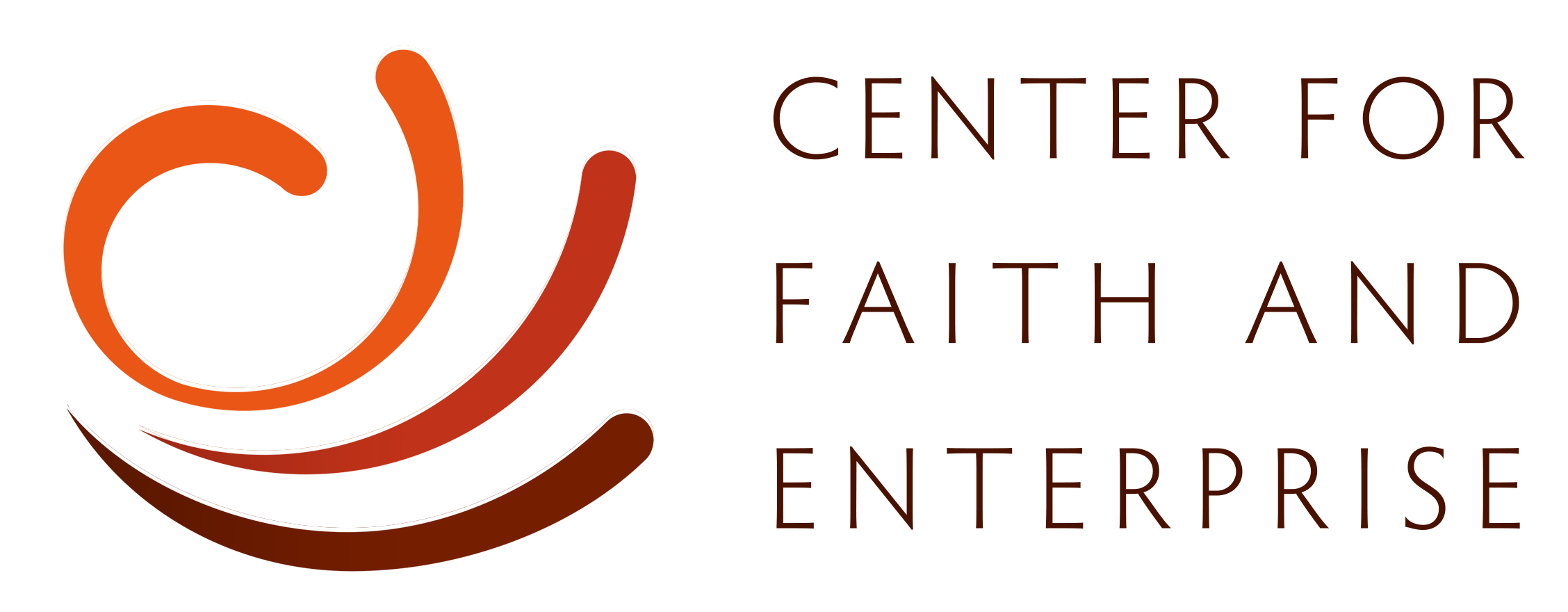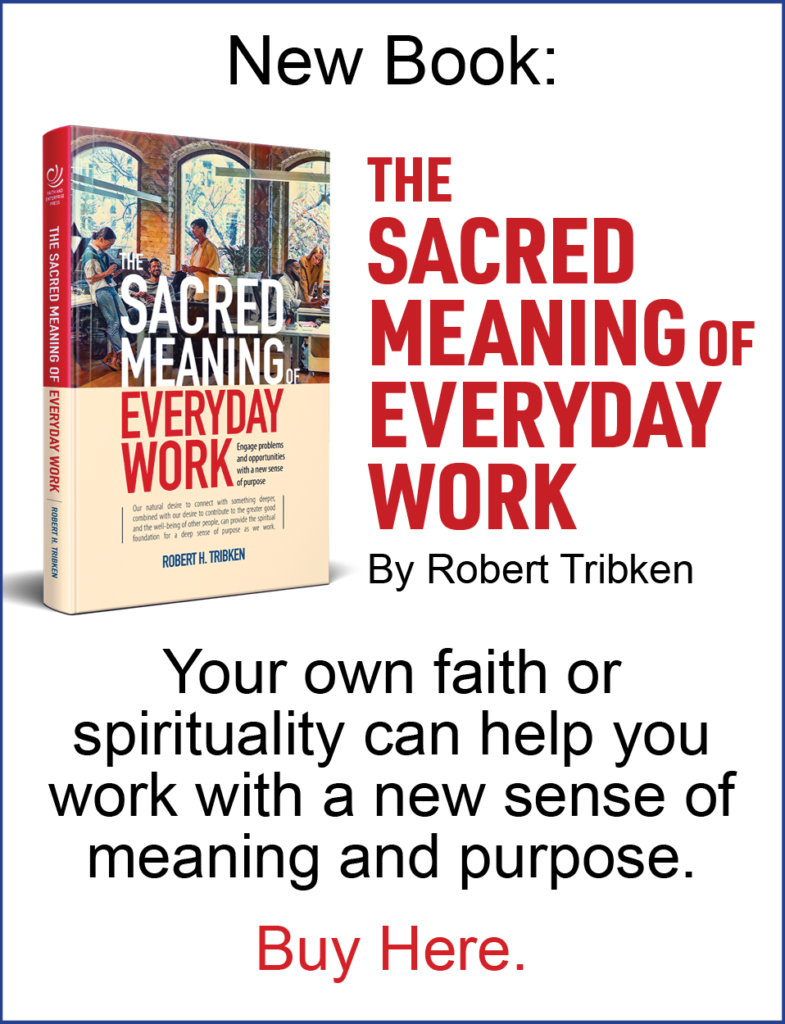Some workplaces seem designed to crush the human spirit, others to liberate it. The difference is usually obvious.
This raises the question: how might we encourage workplaces where people are happier and more alive, purposeful, and engaged?
There are several ways to think about this. One is through the lens of an area of psychology known as Self Determination Theory.
Guidance from Self Determination Theory
Self Determination Theory was originally developed by psychologists Edward Deci and Richard Ryan in the 1980s and has been the subject of substantial research since then. It grew out of several decades of research by several scholars into the differences between intrinsic and extrinsic motivation.
Self Determination Theory starts with the proposition that each individual has a natural drive to grow and develop psychologically and naturally gravitates towards those activities or situations that facilitate this growth and development. A theologian might say that we have a drive to become the unique individual person that we are meant to be.
Some social environments can discourage and suppress this growth, while others can encourage and facilitate it. The difference seems to relate to three basic inner needs identified by Deci and Ryan and whether the work environment supports or suppresses these needs.
Three Basic Human Needs in the Workplace
First, we need relatedness or community, in other words, to be known and appreciated by other people. Second, we need a sense of competence, in this case, meaning we are confident in our ability to do our work effectively and enhance our skills as we proceed. And third, we need autonomy, in other words, to act on our own intrinsic values and goals (I think of this as personal agency).
An example of an environment that fulfills these needs might be a workplace where we are working with people we like and who like us; where we feel confident in our ability to do our work; and where we have considerable decision-making freedom as we pursue objectives that have high value to us.
On the other hand, we can also think of toxic workplaces where these needs are not met, and our human spirit seems to be suppressed. We might have coworkers with whom we cannot get along, bosses who are too controlling, or work demands the sheer volume of which stifles our creativity and initiative. In these cases, our need for relatedness, competence, or autonomy goes unmet, and our personal growth and development is suppressed.
But the social environment in which we work does not have to be so obviously toxic for it to nevertheless suppress our spirit. We can find ourselves in jobs with very little authentic interpersonal engagement and no sense of teamwork. Or we might not feel confident we can perform the work we have been given. Or maybe we are in a warm, friendly environment that nevertheless requires an unhealthy degree of conformity and gives us very little control over how we do our work.
An environment that suppresses any one of these three basic needs can be a problem, but in this article we will focus on the third of these basic needs, the one Deci and Ryan call the need for autonomy. I think this is the one that is most likely to be overlooked in today’s workplace.
Autonomy and Freedom
Autonomy is not the same thing as isolation. We might consider autonomy the freedom to act based on our intrinsic values and goals. Our action seems to carry a sense of inherent authenticity. When we have sufficient autonomy, we are more likely to move towards activities and goals that are life-giving for us and that lead to our personal growth and development. We are more likely to be fully engaged, maybe even in a state of flow, and more likely to hear and follow our calling.
For some of us, the purest examples of this might be encountered in leisure or volunteer activities that we choose for ourselves and pursue at a time and in a manner of our choosing.
When we have this type of freedom, we do not feel like other people or outside forces control us. Nor are we controlled by mindless, involuntary obsessions.
This does not mean that our direction needs to be initiated from within ourselves to maintain a sense of autonomy. For example, our boss might ask us to manage a particular project. We did not choose the project, but if of our own volition we accept its importance, it can become our project over time—we can develop a personal desire to complete it well, regardless of the extrinsic rewards or penalties. We can thereby create a sense of volitional autonomy. We can reach the point where we pursue the goal because we want to do so.
Realistically, most of us do not and cannot have complete freedom in our day-to-day work. Some jobs have to be done whether we like them or not.
We also face constraints. When we face constraints, our attitude towards them is all important. We can see ourselves as passive victims of the constraints, in which case our autonomy suffers. Or we can see the constraints as information about the environment that helps us to navigate better as we pursue our personal goals. In this latter case, the constraints do not necessarily have to harm our sense of agency and autonomy but rather can be seen as challenges to be overcome. Our response to the constraints is critical: do we resign ourselves to being passive victims of an oppressive environment? Or do we continue in a way that gives us life and energy as we overcome challenges?
Lessons for Leaders
People in our organizations are likely to be happier and more engaged to the extent that their work and working environment help them meet these three needs. This means an environment that fosters community and growth and reflects a decent respect for individual initiative and agency.
Individual perceptions are essential. If we believe the organization wants to control us and does not respect our need for at least some autonomy and freedom, our sense of engagement will suffer. On the other hand, if we believe our organization respects and encourages our autonomy and independence, we are more likely to experience greater engagement and growth. We are also more likely to flourish psychologically and spiritually, and this is true of all levels of the workforce. The organization itself is also more likely to thrive.
A Spiritual Aspect
When we have more psychological autonomy, we are likely to have more freedom to follow that inner voice that leads us toward psychological and spiritual personal growth. And as we become more alive, engaged, and connected, I believe this brings us closer to the life we are meant to live and to who we are meant to be.


